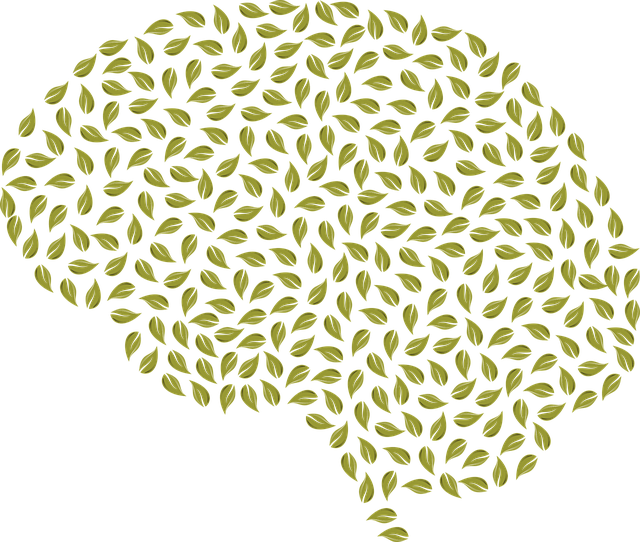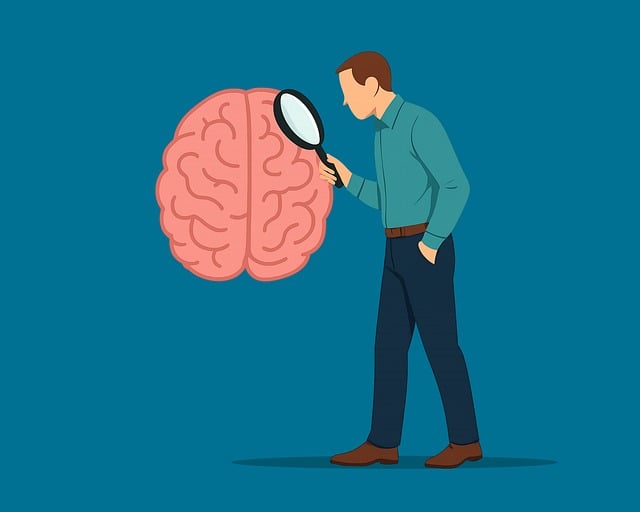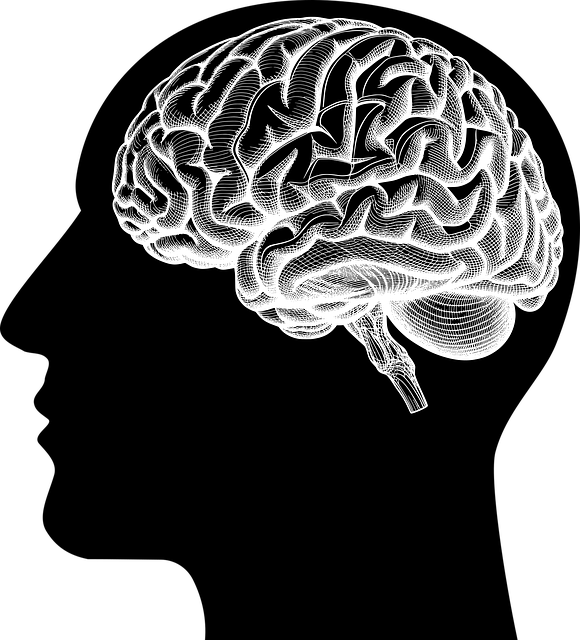Understanding children's mental health data, including risk factors for issues like anxiety, depression, and subtle alcohol abuse, is crucial for guiding appropriate interventions. Early detection through community outreach programs and emotional well-being techniques ensures timely therapy for healthier development. Advanced algorithms and machine learning transform therapy effectiveness assessments, especially for therapy for children with alcohol abuse, by identifying contributing factors to positive outcomes. Data-driven insights enhance personalized care strategies, integrating conflict resolution and self-awareness exercises to strengthen relationships and prevent professional burnout, ultimately fostering healthier outcomes.
Mental health data analysis is a powerful tool for understanding and improving young lives. This comprehensive guide explores critical aspects of interpreting mental health data, focusing on children. We delve into specific considerations regarding alcohol abuse among children, its impact on mental well-being, and the role it plays in therapy effectiveness. By examining advanced analysis techniques, we aim to equip professionals with insights to drive informed decisions in child mental health care, ultimately enhancing available therapies for vulnerable youth struggling with alcohol abuse.
- Understanding Mental Health Data in Children: A Comprehensive Overview
- The Role of Alcohol Abuse in Children's Mental Health: Key Considerations
- Advanced Analysis Techniques for Therapy Effectiveness Assessment
- Interpreting Data to Drive Informed Decisions in Child Mental Health Care
Understanding Mental Health Data in Children: A Comprehensive Overview

Understanding mental health data among children is a complex yet crucial task, offering insights into emerging minds and guiding appropriate interventions. This comprehensive overview delves into various aspects, from identifying risk factors to evaluating treatment outcomes. By analyzing trends in mental wellness, researchers and professionals can navigate the intricate landscape of childhood emotional well-being.
Key areas include assessing symptoms of common issues such as anxiety, depression, and alcohol abuse in children, which often manifest subtly. The implementation of community outreach programs and promotion of emotional well-being techniques play a pivotal role in early detection. These strategies ensure that children receive timely therapy for underlying conditions, fostering healthier development. This data-driven approach empowers professionals to tailor interventions, ultimately enhancing mental health services tailored to young individuals’ unique needs.
The Role of Alcohol Abuse in Children's Mental Health: Key Considerations

Children’s mental health is significantly impacted by alcohol abuse, a pressing issue that demands attention within the realm of pediatric healthcare. Alcohol exposure during critical periods of development can lead to long-lasting cognitive, behavioral, and emotional impairments. Young minds are particularly vulnerable to the toxic effects of alcohol, which can disrupt brain development, impair learning, and increase the risk of mental illness later in life. This phenomenon underscores the urgent need for comprehensive therapy for children affected by alcohol abuse.
Addressing this challenge requires a multifaceted approach. Mental health professionals play a pivotal role in identifying early signs, implementing effective interventions, and supporting families. In addition to direct therapy for children, stigma reduction efforts are crucial to encourage open conversations about alcohol abuse and its consequences. By fostering emotional regulation skills and risk management planning, professionals can empower both children and their caregivers to navigate challenging situations and promote overall mental well-being.
Advanced Analysis Techniques for Therapy Effectiveness Assessment

In the realm of mental health data analysis, advanced techniques are increasingly being employed to assess therapy effectiveness, particularly in specialized areas such as treating children with alcohol abuse issues. These sophisticated methods go beyond traditional measures by incorporating complex algorithms and machine learning models to uncover nuanced patterns within patient data. By delving into detailed clinical notes, survey responses, and behavioral observations, these analyses can identify specific factors that contribute to positive outcomes or highlight areas for improvement in therapeutic interventions.
For instance, Emotional Well-being Promotion Techniques tailored for young patients struggling with alcohol abuse might be enhanced through data-driven insights. Mind Over Matter principles, focusing on cognitive-behavioral strategies, can be refined based on individual responses, leading to more personalized mood management approaches. This level of customization not only improves therapy outcomes but also underscores the importance of leveraging advanced analysis techniques to holistically address complex mental health issues.
Interpreting Data to Drive Informed Decisions in Child Mental Health Care

Interpretation of mental health data is pivotal in tailoring effective care strategies for children, especially those grappling with issues like alcohol abuse. By delving into statistical insights, professionals can identify trends and patterns that underscore risk factors and treatment outcomes. This data-driven approach enables informed decisions, ensuring therapies are not only targeted but also adaptive to individual needs. For instance, analyzing prevalence rates of alcohol abuse among adolescents in a specific community can reveal hidden challenges, prompting early intervention programs tailored to prevent burnout among at-risk youth.
Moreover, understanding the mental health landscape through data allows for the integration of effective conflict resolution techniques and self-awareness exercises into therapy. These strategies not only strengthen caregiver-child relationships but also empower healthcare providers to manage their own stress and emotions, preventing professional burnout. Such proactive measures are crucial in sustaining quality care over time, ultimately fostering healthier outcomes for children receiving therapy for alcohol abuse.
Mental health data analysis is a powerful tool to unravel complex issues affecting children’s well-being, especially in light of alcohol abuse. By understanding and interpreting these data, professionals can make informed decisions regarding therapy effectiveness. Advanced analytical techniques play a pivotal role in assessing the impact of various interventions, ultimately guiding tailored care for children struggling with mental health challenges, including those related to alcohol abuse. This comprehensive approach ensures that therapy strategies are not just implemented but also optimized to bring about positive and lasting changes.










